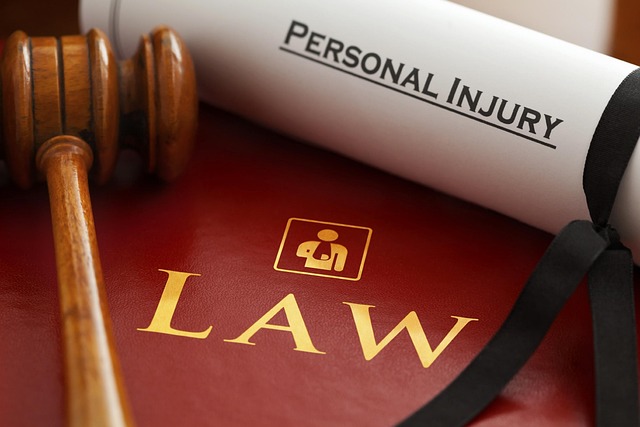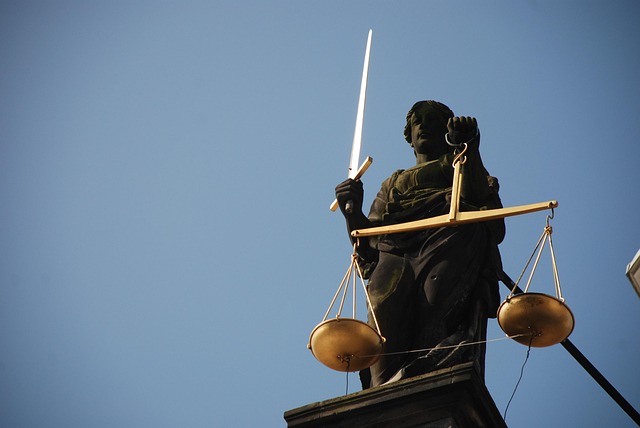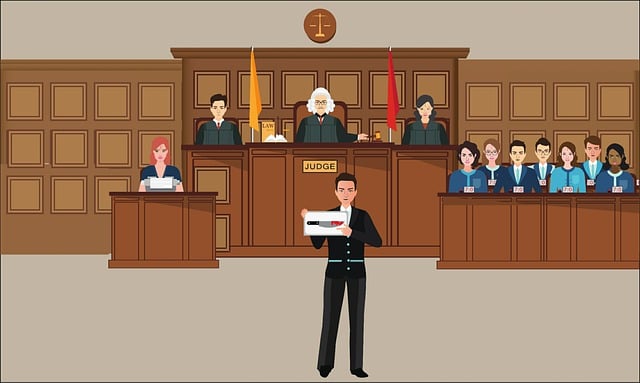Public corruption charges pose significant legal challenges, threatening consumer rights in civil litigation. Accused individuals and organizations employ diverse strategies to dismiss charges, undermining trust in governance and deterring consumers from pursuing justice due to power imbalances and costs. "Understanding Consumer Rights in Civil Litigation" is crucial for protecting these rights, fostering fairness, and encouraging citizens to hold perpetrators accountable. Educating consumers about their standing, potential remedies like compensation for financial losses, and seeking expert legal counsel are key strategies. Empowered consumers can navigate complex legal procedures, promote transparency, and uphold justice against economic crimes with far-reaching impacts.
Public corruption charges shed light on the abuse of power by public officials, undermining consumer trust and rights. This article delves into the complexities of these charges, focusing on their impact on consumer protection within civil litigation. We explore legal protections for consumers and practical strategies to navigate and enforce their rights when facing corrupt practices. By understanding these dynamics, individuals can better protect themselves and contribute to fostering transparency in public institutions.
- What are Public Corruption Charges?
- Impact on Consumer Rights and Civil Litigation
- Understanding Legal Protections for Consumers
- Strategies to Navigate and Enforce Consumer Rights in Such Cases
What are Public Corruption Charges?

Public Corruption Charges refer to legal accusations against individuals or entities within government or public office who have allegedly misused their power or position for personal gain. This can include a wide range of illicit activities, such as accepting bribes, misusing public funds, or engaging in conflicts of interest. Understanding Consumer Rights in Civil Litigation is crucial when navigating these charges, as it ensures that citizens and residents across the country have access to justice and protection from corruption.
When faced with public corruption allegations, individuals and organizations may seek complete dismissal of all charges to protect their reputation and ensure due process. Across the country, various legal strategies can be employed to challenge these accusations, aiming for a fair and impartial outcome that respects the rights of all parties involved.
Impact on Consumer Rights and Civil Litigation

Public corruption charges can significantly impact consumer rights within civil litigation. When public officials abuse their power for personal gain, it undermines trust in governance and has direct consequences for everyday citizens. In high-stakes cases, consumers may find themselves at a disadvantage when seeking justice through legal channels. If an official faces only a light indictment or manages to achieve a complete dismissal of all charges, it can send a dangerous message that unethical behavior will not be adequately addressed.
This environment poses challenges in understanding consumer rights and navigating civil litigation effectively. Consumers may feel deterred from pursuing legal action due to perceived power imbalances and the potential for lengthy, costly battles. As such, strengthening anti-corruption measures and ensuring transparency are crucial steps towards fostering a legal system that protects consumer rights and encourages civil litigation.
Understanding Legal Protections for Consumers

Understanding consumer rights in civil litigation is paramount when navigating public corruption charges. In many jurisdictions, consumers have legal protections designed to safeguard their interests and ensure fairness during such proceedings. These rights are essential for individuals who may find themselves caught up in complex legal battles related to corruption. By understanding their protections, consumers can actively participate in the process, ensuring their voices are heard and their rights respected.
Knowing one’s consumer rights enables individuals to make informed decisions, seek appropriate remedies, and hold those responsible accountable. It empowers them to navigate the legal landscape with confidence, aiming for achieving extraordinary results in their civil litigation. This unprecedented track record of successful cases can be attributed to a deep understanding of respective business practices and consumer protection laws.
Strategies to Navigate and Enforce Consumer Rights in Such Cases

In cases involving public corruption charges, understanding consumer rights in civil litigation becomes a critical aspect of navigating the complex legal landscape. Consumers often find themselves at a disadvantage when dealing with high-stakes cases, such as those involving white-collar and economic crimes. However, they possess certain rights that can be enforced to ensure fairness and justice. One key strategy is to educate consumers about their legal standing and the potential remedies available under civil litigation laws. This includes the right to seek compensation for any financial losses incurred due to fraudulent or corrupt practices.
Effective navigation of these cases may involve seeking expert legal counsel experienced in handling jury trials, as corruption charges often attract significant media attention and require specialized knowledge. Consumers should be emboldened to assert their rights, especially when it comes to holding perpetrators accountable for economic crimes that can have far-reaching consequences on the community at large. By understanding their consumer rights in civil litigation, individuals can actively participate in ensuring transparency and integrity within public systems.
Public corruption charges significantly impact consumer rights within civil litigation, highlighting the need for individuals to be aware of their legal protections. By understanding these rights and employing effective strategies, consumers can actively navigate complex legal processes. Empowered with knowledge, they can enforce their rights and seek justice in cases involving public corruption, ensuring a fair and transparent legal landscape. To further protect consumer rights in civil litigation, it’s crucial to stay informed about relevant laws and advocate for robust legal safeguards.






